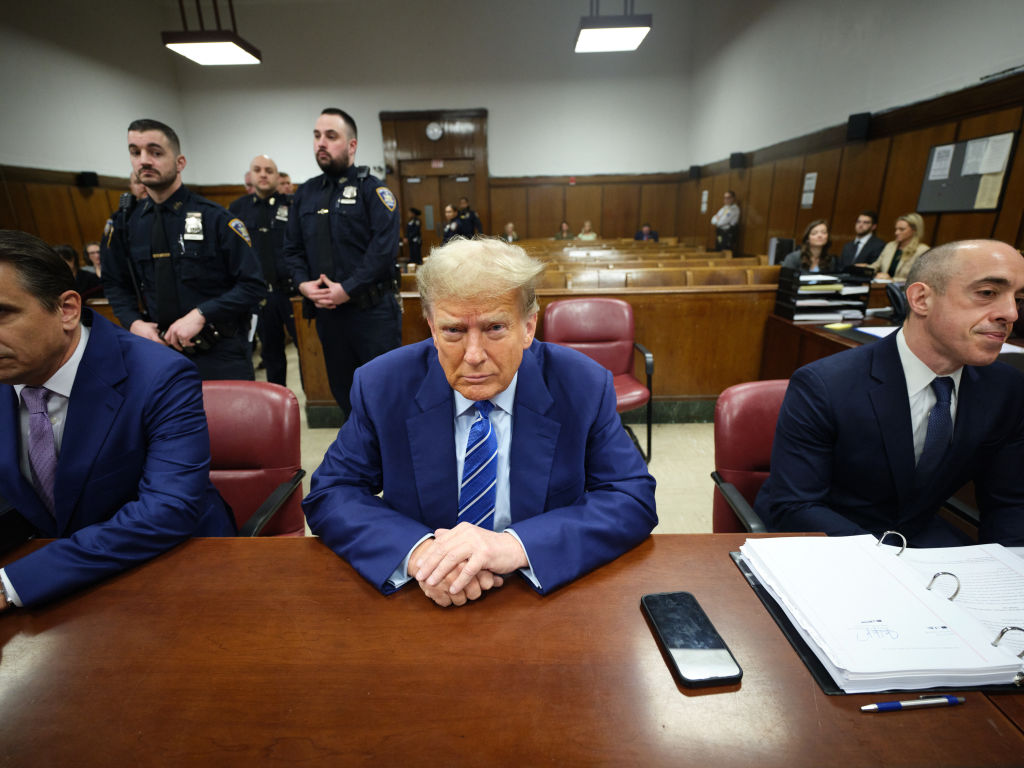The natural question to ask, after three of the most extraordinary episodes in the nearly five-decade history of "Jeopardy!," is what did we learn from the virtual beating of the game show's two greatest champs by a computer?
But, to channel Alex Trebek, the correct question may very well be: What did Watson the computer learn from the experience?
Perhaps the most fascinating aspect of this experiment in artificial intelligence – as suggested on "Jeopardy!" and more fully explored in a recent "Nova" installment – is that Watson "learned" from its mistakes in dealing with often pun-filled answers and categories, like "Etude, Brute" and “Magical Mouse-tery Tour.”
Which means that the IBM computer could prove even more fearsome if Ken Jennings and Brad Rutter agree to a rematch.
In some ways, the shows were like watching Jennings and Rutter during their glory days – only this time, they were the ones staring in frustration for considerable stretches as a stronger opponent ran through the board.
Perhaps the biggest disadvantage to being a human contestant wasn't the knowledge gap, but speed – not the speed with which Watson generated responses as much as how quickly the machine rang in. Maybe next time – if there is a next time – a human stand-in could be a buzzer-hitting surrogate for Watson to even the playing field a bit .
Not that it might matter much – in the three day display of digital brainpower, the computer got the vast majority of its responses right. The few times Jennings or Rutter beat Watson to the buzzer, it seemed, came when the machine was less than 90 percent sure of how to answer.
U.S. & World
There are still some kinks in the system, with context sometimes getting lost in the texts sent to the computer. Watson, for example, answered, "Who is Picasso?" to a clue that clearly sought an art genre.
It also bungled a trickily worded answer in Final Jeopardy! on Day 2, which wasn’t surprising. What was surprising was how far off Watson was, given that the category was "U.S. Cities" and its response was "What is Toronto?"
“Toronto is now a U.S. city,” Trebek scoffed.
But by the end of Final Jeopardy on Day 3, though, Watson chuckling a monotone laugh, with a cumulative $77,147 to Jennings' $24,000 and Rutter’s $21,600.
“I for one welcome our new computer overlords,” Jennings wrote with Final Jeopardy answer on Day 3 – though it wasn’t clear if Watson got “The Simpsons” reference.
Even the usually smugly in control Trebek appeared flummoxed at times by the computer's quirk-filled exhibition of trivia prowess.
"I won't ask," he quipped, when Watson wagered a decidedly odd $6,435 on a Daily Double.
Trebek won’t ask, but we have lots of questions: Will Watson return? Will Jennings and Rutter dare take on the computer again? Will Trebek ever recover from being upstaged?
And, oh yeah: What does this all mean for the future of humanity?
But, as on "Jeopardy!," we might see the answers before we can ask all the questions.
Hester is founding director of the award-winning, multi-media NYCity News Service at the City University of New York Graduate School of Journalism. He is the former City Editor of the New York Daily News, where he started as a reporter in 1992. Follow him on Twitter.



